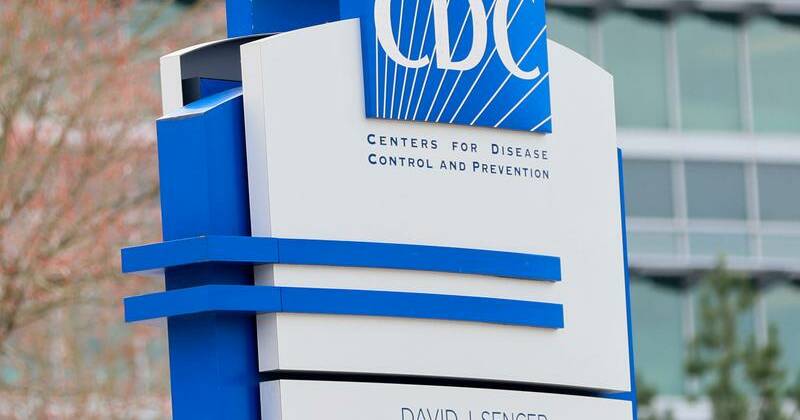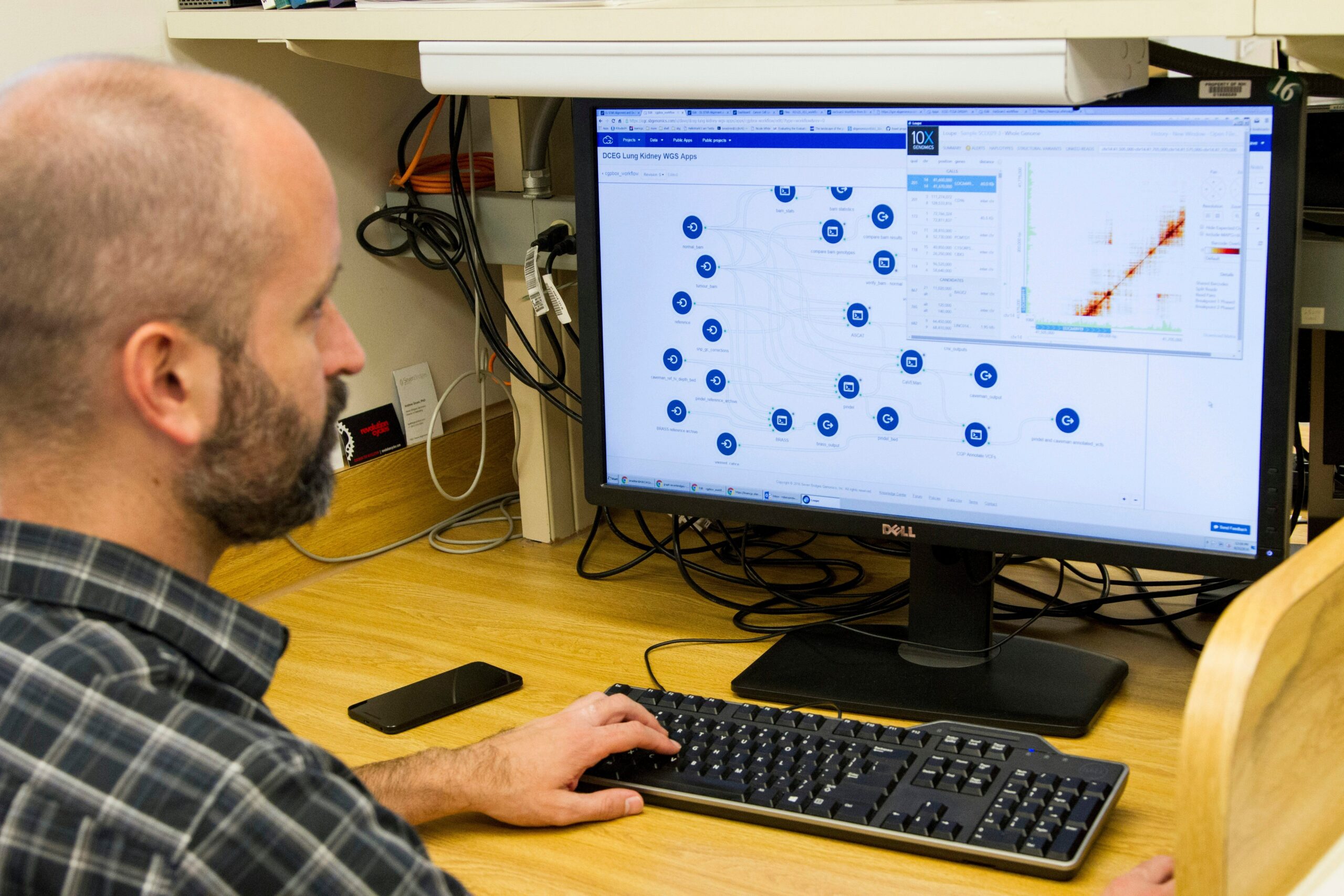
The US Centers for Disease Control and Prevention (CDC) has revised its website to suggest a possible link between childhood vaccines and autism, aligning with the controversial views of Health Secretary Robert F. Kennedy Jr. This change marks a significant departure from decades of scientific consensus that vaccines are safe and do not cause autism.
The updated CDC statement now reads, “The claim ‘vaccines do not cause autism’ is not an evidence-based claim because studies have not ruled out the possibility that infant vaccines cause autism.” The website further criticizes health authorities for allegedly “ignoring” studies that support a connection between vaccines and autism.
Public health experts and scientists have expressed alarm over this update, viewing it as a spread of misinformation that undermines public trust in vaccines. For years, the CDC has been a staunch advocate for the safety and efficacy of childhood vaccinations, both domestically and internationally.
Background and Context
This development follows the appointment of Robert F. Kennedy Jr., a known anti-vaccine advocate, as the US Health Secretary. Kennedy’s influence became evident in August when he dismissed former CDC Director Susan Monarez over vaccine policy disagreements. The agency is now led by Acting Director Jim O’Neill, who lacks a scientific background.
The CDC’s previous stance was clear: “Studies have shown there is no link between receiving vaccines and developing autism spectrum disorder.” This position is supported by the World Health Organization and numerous health agencies worldwide, which continue to affirm that vaccines do not cause autism.
Expert Opinions and Reactions
The scientific community has reacted strongly against the CDC’s website changes. Helen Tager-Flusberg, an autism expert at Boston University, described the move as “a new and devastating turn by the CDC, which has been effectively dismantled by the Secretary of HHS.”
Critics argue that the statement exploits a logical fallacy. Jake Scott, a professor at Stanford Medical School, commented, “You can’t prove something never happens. Scientists can’t prove vaccines never cause autism because proving a universal negative is logically impossible.”
“This represents a new and devastating turn by the CDC, which has been effectively dismantled by the Secretary of HHS.” — Helen Tager-Flusberg, Boston University
Historical Parallels and Implications
The controversy over vaccines and autism dates back to a discredited 1998 study that falsely linked the measles, mumps, and rubella (MMR) vaccine to autism. Despite the study being retracted and its author discredited, the myth persisted, fueled by public figures, including former President Donald Trump, who have expressed skepticism about vaccines.
The CDC’s recent website change could have far-reaching implications. It risks increasing vaccine hesitancy at a time when public health officials are striving to maintain high vaccination rates to prevent outbreaks of preventable diseases.
Looking Ahead
As public health experts continue to advocate for vaccine safety, the CDC’s new stance may complicate these efforts. The agency’s credibility is at stake, and its alignment with Kennedy’s views could undermine decades of public health progress.
Moving forward, it remains to be seen how this policy shift will affect public perception and vaccination rates. The scientific community is likely to continue its pushback, emphasizing the overwhelming evidence supporting vaccine safety.
For now, the CDC’s decision has sparked a significant debate, with potential consequences for public health policy and the fight against vaccine misinformation.







